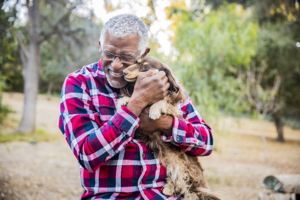Optimistic Aging: The Benefits of a Positive Outlook
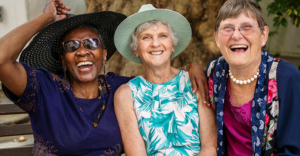
Learn about the benefits of optimistic aging and how to adopt a more positive outlook to make each day brighter.
Caring for an aging parent often means becoming their confidant and cheerleader. It should never be just about managing medications or medical appointments; you are enriching their life, making each and every day more meaningful. It is amazing what a big change an optimistic aging attitude can have on a person’s wellbeing, and in your role as family caregiver, you can make a profound impact on the life of the individual you love.
Here are several ways you can promote a positive outlook and an environment focused on mental and emotional wellbeing:
- Health and Wellness: Managing chronic conditions, regular medical check-ups, and a healthy diet are vital components of comprehensive care, but equal attention should be given to mental health. Encouraging open conversations about feelings and any anxieties can help identify issues before they become serious. It is also useful to integrate holistic practices such as meditation or mindfulness exercises, which have been found to improve mental health and overall quality of life.
- Community and Connections: Maintaining social connections is vital for emotional health. Facilitating participation in community events or arranging for regular visits with friends and relatives can significantly enhance their quality of life. Technology can play a crucial role here, bridging the distance through social media or video calls, which allows for maintaining relationships despite physical distance. Creating opportunities for senior loved ones to meet new people, such as through local clubs or community centers, can also be beneficial. These connections can help prevent feelings of isolation and loneliness, which are common in older adults.
- Engaging Activities: Integrating both new interests and long-held passions into their routine is essential for maintaining an optimistic aging outlook. Activities like gardening, art classes, or book clubs are fun, keep the mind active and motor skills sharp, and help facilitate social interactions. You can also consider technology-driven activities like virtual reality experiences that simulate travel or historical events, which can be both educational and entertaining. And don’t forget physical activities such as gentle yoga or tai chi to improve both physical and emotional wellbeing.
- Professional Support: Sometimes, the care needed goes beyond what family can provide. An experienced caregiver offers not only friendly companionship but also personalized support that fosters independence in the comforting environment of their own home. Professional caregivers can be instrumental in implementing therapeutic activities, preparing healthy meals, and providing transportation to appointments. In addition, they offer valuable respite for family caregivers, ensuring that the care provided is both consistent and comprehensive.
Your focus on promoting positivity for a senior loved one, along with our customized home health care services, can be life-changing. Reach out to us at 954-486-6440 and let’s work together to make life more fulfilling and enjoyable for someone you love. Our services are available throughout Fort Lauderdale, Hollywood, Lighthouse Point, and throughout Broward County.

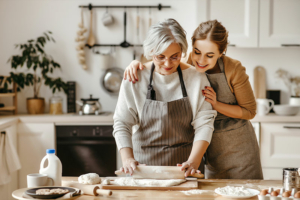
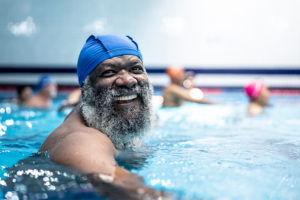
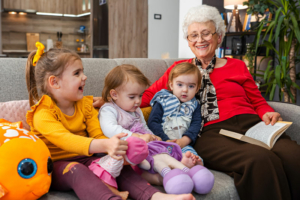
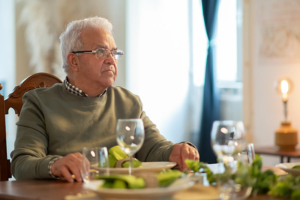
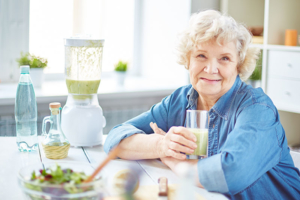
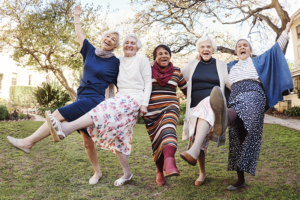
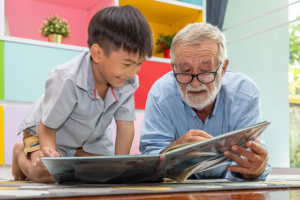 What motivates you to get up out of bed every morning? The answer is different for every single one of us, of course, but there is one commonality: it could allow you to live longer. Scientific studies are answering the question, “Does having a sense of purpose help us to live longer?” with a resounding “Yes!” as evidenced in Japan, the country with the highest life expectancy on earth.
What motivates you to get up out of bed every morning? The answer is different for every single one of us, of course, but there is one commonality: it could allow you to live longer. Scientific studies are answering the question, “Does having a sense of purpose help us to live longer?” with a resounding “Yes!” as evidenced in Japan, the country with the highest life expectancy on earth.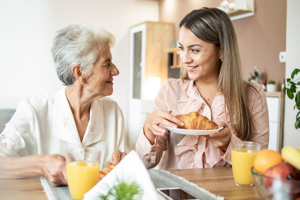 Life, especially but not just during the pandemic, can be filled with uncertainty. For seniors who are feeling less in command of particular facets of life, such as losing physical or cognitive functioning, concentrating on what can be controlled is empowering.
Life, especially but not just during the pandemic, can be filled with uncertainty. For seniors who are feeling less in command of particular facets of life, such as losing physical or cognitive functioning, concentrating on what can be controlled is empowering.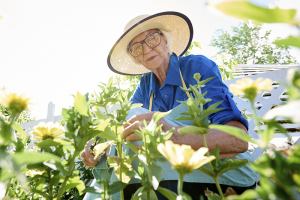
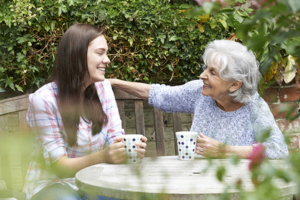 We know that socialization is vitally important for our overall emotional (and even physical) wellbeing – but we also know that senior loneliness is an epidemic in America. With the hectic pace of life, it’s difficult for families and friends to provide the full measure of social interaction needed to keep isolation at bay for older adults, who are often homebound or unable to get out as much as they’d like.
We know that socialization is vitally important for our overall emotional (and even physical) wellbeing – but we also know that senior loneliness is an epidemic in America. With the hectic pace of life, it’s difficult for families and friends to provide the full measure of social interaction needed to keep isolation at bay for older adults, who are often homebound or unable to get out as much as they’d like.